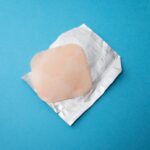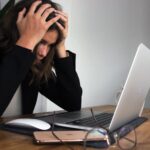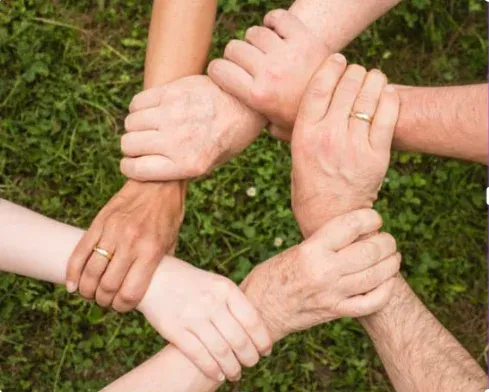Sitting for long periods can cause hip pain when you stand up. This pain can make you feel much older than you are. In this article, you can learn about the effects of sitting for long periods and how to get relief from the pain. You can also learn how to address the root cause of the issue so that you can find a long-term solution.
Causes of Hip Pain after Sitting
Good posture involves maintaining muscle strength and muscle length balance around your joints. When sitting, this means keeping your hips in an optimal position and ensuring your hip flexors, glutes, and hamstrings are all in a neutral state. This will prevent excessive arching in the lower back and stretch out the muscles too much. It also helps keep the spine in good alignment and prevents aches and pains.
When sitting for long periods, your hips become used to the position, which can cause the muscles to become short or tight, leading to an anterior pelvic tilt. The muscles on the inside of the hip become shorter and tighter, while the muscles on the outside of the hip become longer. This can make it difficult to stand up and move as needed.
Standing up after sitting can cause your hip muscles to pull on the joint unevenly, leading to hip discomfort. This can manifest in various places, such as in the front or back of the hip, in the groin, or on the outer side of the hip, and can involve a combination of all these areas.
Pain in the Front of the Hip
The primary cause of discomfort in the front of the hip while standing after sitting is usually tightness in the iliopsoas, a muscle made up of two parts: the psoas and the iliacus. These muscles join together at the front of the hip joint and attach at the lesser trochanter of the femur.
Sitting for extended periods can cause these hip flexors to become tense, making them unable to extend properly when transitioning from sitting to standing. This tension can cause pain in the front of the hip when standing after sitting and compression on the hip joint. The psoas muscle is connected to the lumbar spine from L1 to L5, so any tightness can also be felt in the lower back.
Pain in the Back of the Hip
When sitting, tight hip flexors on the front of the hip can cause an anterior tilt of the pelvis. This can cause the muscles on the back of the hip and pelvis to become longer than they should be, resulting in tension and pain when standing. This can also cause other muscles along the back of the body to become tight to stabilize the imbalance.
Pain in the Outer Hip
The cause of lateral hip pain when standing after sitting can be tightness in the abductor muscle group’s three muscles, which include the gluteus medius, gluteus minimus, and the tensor fascia latae.
When these muscles become chronically tight, they create compression on the greater trochanter, which is the top of the thigh bone and can lead to inflammation of the bursae in the area. This is known as trochanteric bursitis or hip bursitis and can cause pain in the outer hip area. Additionally, tightness in the TFL muscle can cause pain in the IT band, the connective tissue running along the outer thigh and down to the knee.
Conclusion
Pain experienced when standing after sitting is a common phenomenon caused by muscle imbalances, poor posture, and weak muscles. It is important to take preventive measures like stretching and strengthening exercises to reduce the risk of this pain. Additionally, maintaining good posture, avoiding sitting in one position for too long, and taking frequent breaks from sitting can also help reduce the risk of pain when standing after sitting.
QEStrong is here to bring you innovative health solutions. Our mission is to give you the tools to defend your health, so you can regain or maintain good mental and physical health. We believe in the power of quantum energy and natural and organic ingredients. If you’re looking for natural pain relief, we can help! Shop online now!








